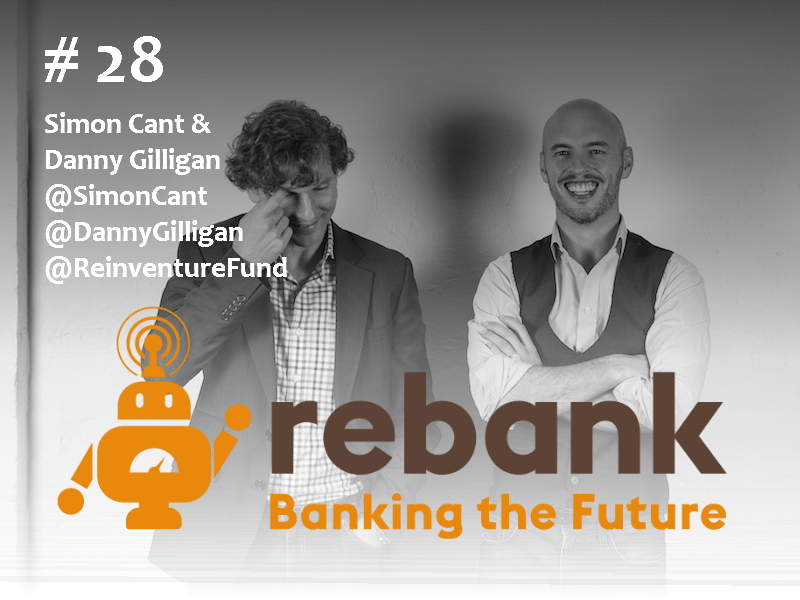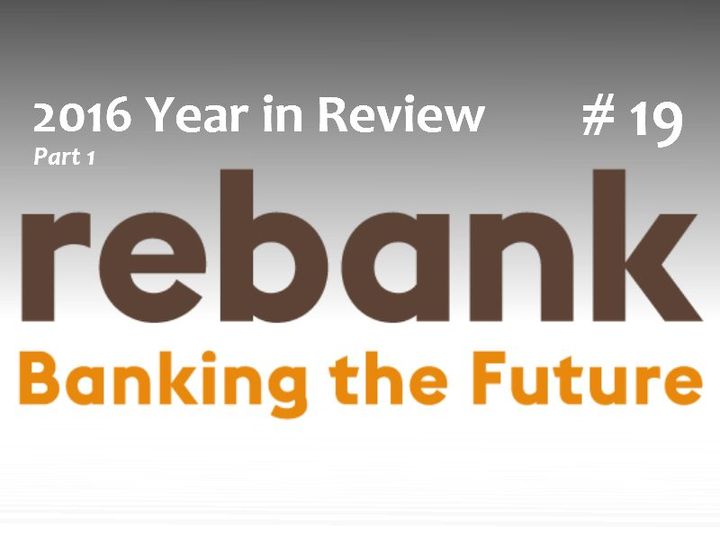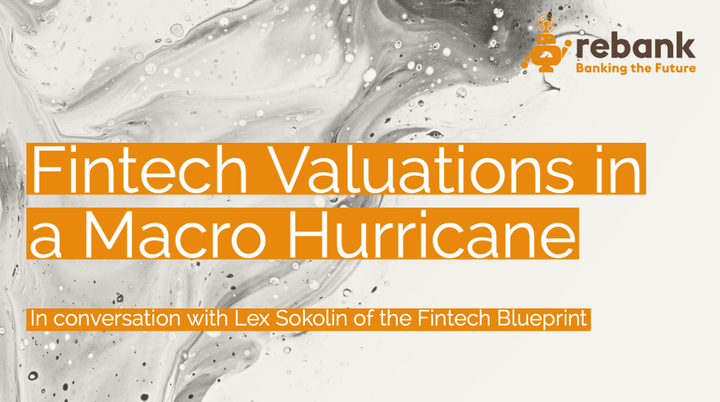The Future of Value

Financial services is the industrial incarnation of economics. It takes rudimentary concepts like wants, needs, resources, exchange and value storage and gives us a structure for dealing with them.
Traditional financial services have worked pretty well in terms of enabling exchange, albeit taking a massive cut to intermediate transactions. Risk management is another story and one for another day.
For all of human history until very recently, the world has been analog. Wants, needs and resources have been tangible, exchange has required physical proximity or intermediation and value storage required a warehouse, a vault or a mattress.
When the world changes, we emotional, cognitively biased humans seek to apply existing paradigms, tools and processes to new circumstances. While generally viable in the short term, this technique slows progress (sometimes hijacking it entirely) and prevents us from seeing the bigger picture.
With crypto (shorthand for a huge range of new, distributed models and technologies), we’re experiencing exactly this phenomenon.
The term cryptocurrency itself implies something related to money. What’s money but an abstraction of value which we’re otherwise unable to count, store or exchange directly. Historically, much value has been physical, so we’ve needed a proxy for it to enable exchange. Money is also fungible, addressing the difficulty of exchanging distinct and often indivisible physical goods. Projecting the traditional system (the concepts of money and value, in this case) into the future has led to interest in "cryptocurrencies." But new, revolutionary technologies don't re-solve for old problems. In a crypto world, currency becomes less relevant, perhaps obsolete.
I'm continually surprised by intelligent people writing off crypto as a failure because it's not replacing money. That's not the point!
Dave Birch wrote an excellent article on Medium exploring what a tokenized economy might look like and explaining why fungibility will become less relevant as devices get smarter. He and I dissected those ideas at length on an episode of Rebank.
The other piece I keep going back to on this subject – written by a guy I’d love to have on the podcast – was published by Chain CEO Adam Ludwin on his company’s blog. The piece explains to (reformed) crypto-hater Jamie Dimon (and the rest of us) why, if you’re stuck on the currency idea, you’re missing the bigger picture. We’re witnessing the development of an entirely new asset exchange system, different from traditional financial services.
Embrace Adam’s message. Stop trying to apply old models to new realities. The crypto world is pushing the boundaries of imagination using the tools we now have at our disposal.
Don’t expect the future to look the same as the past.


